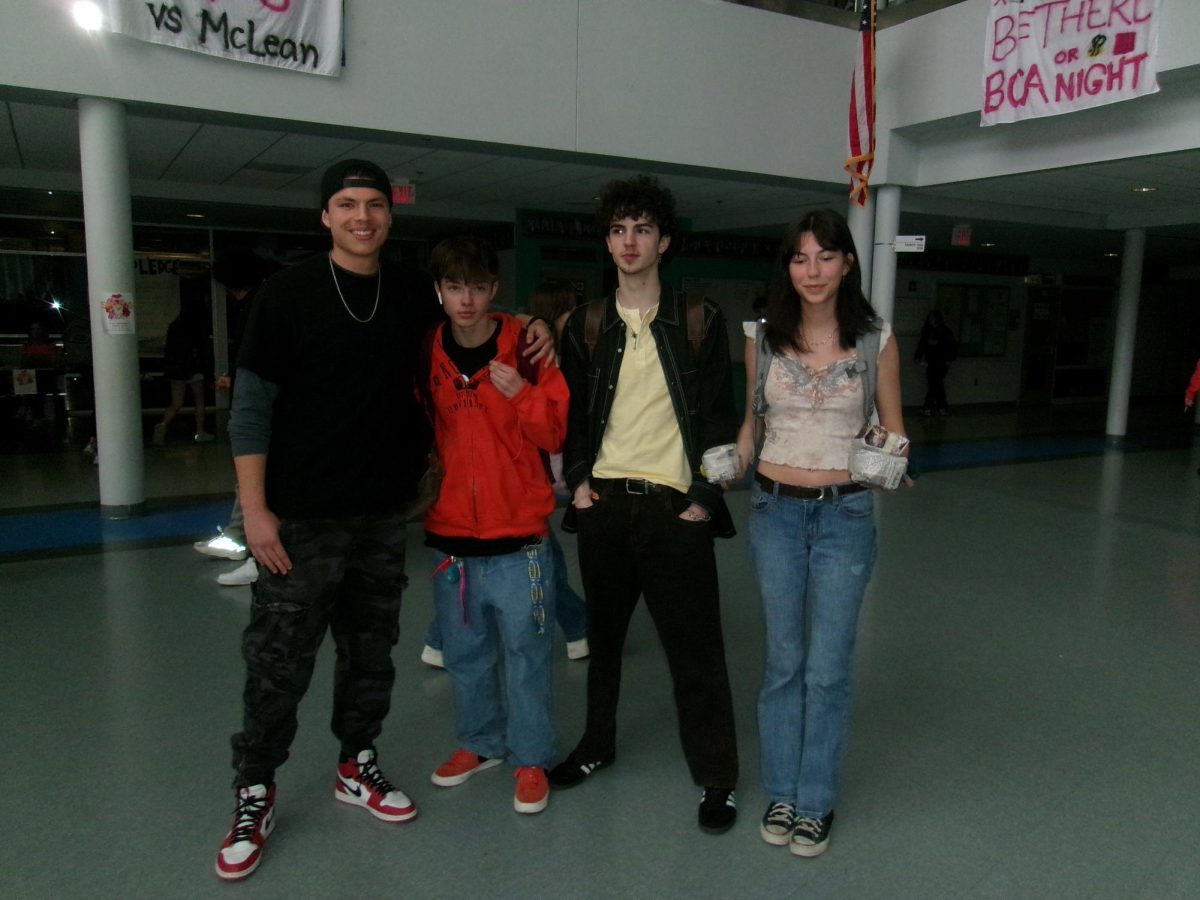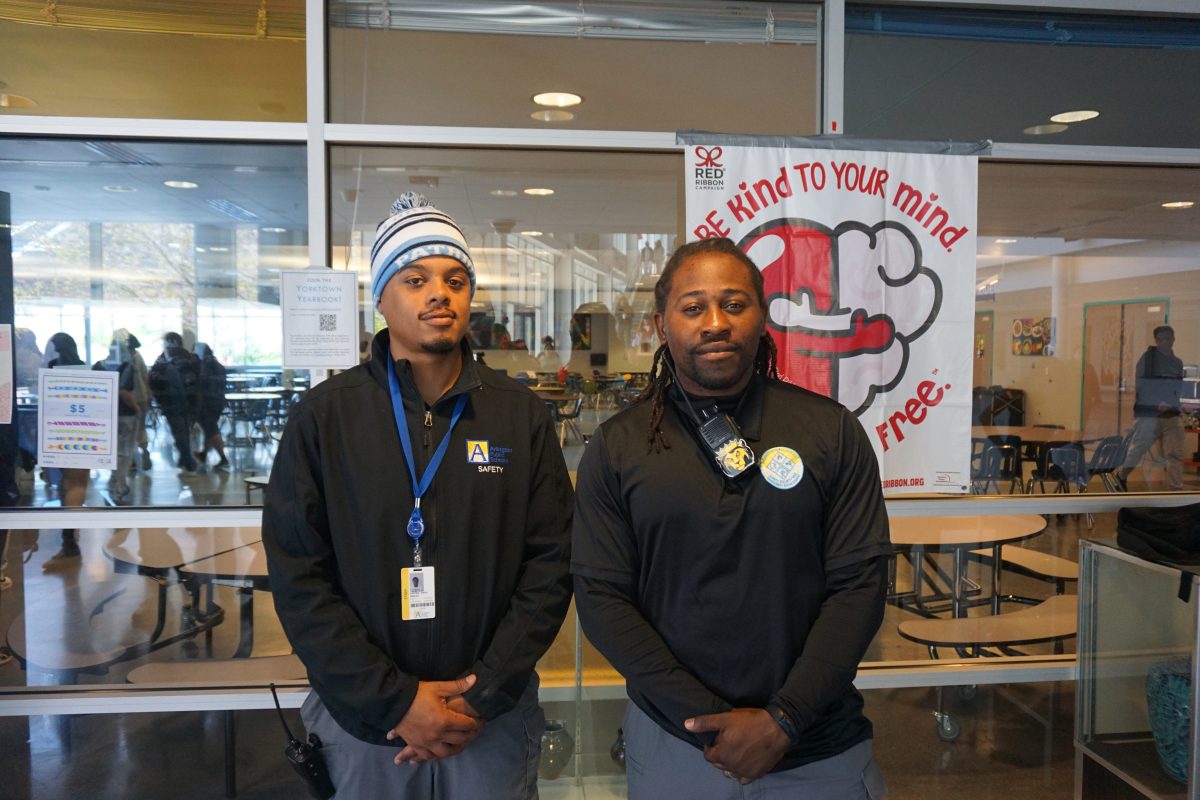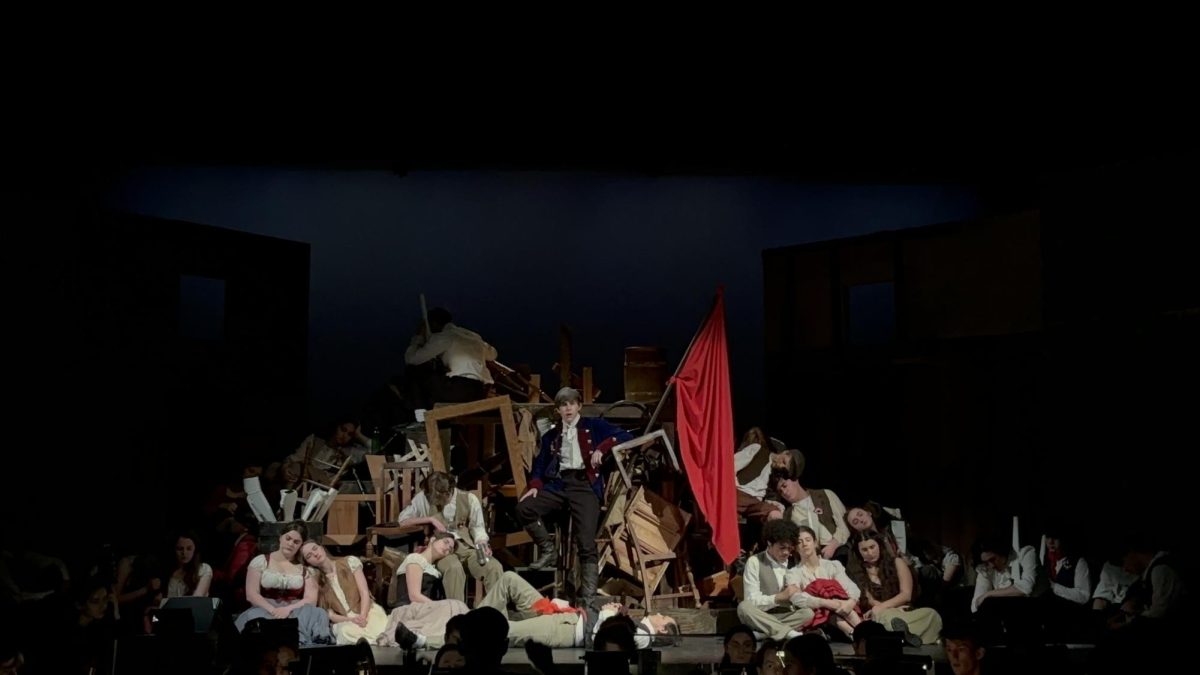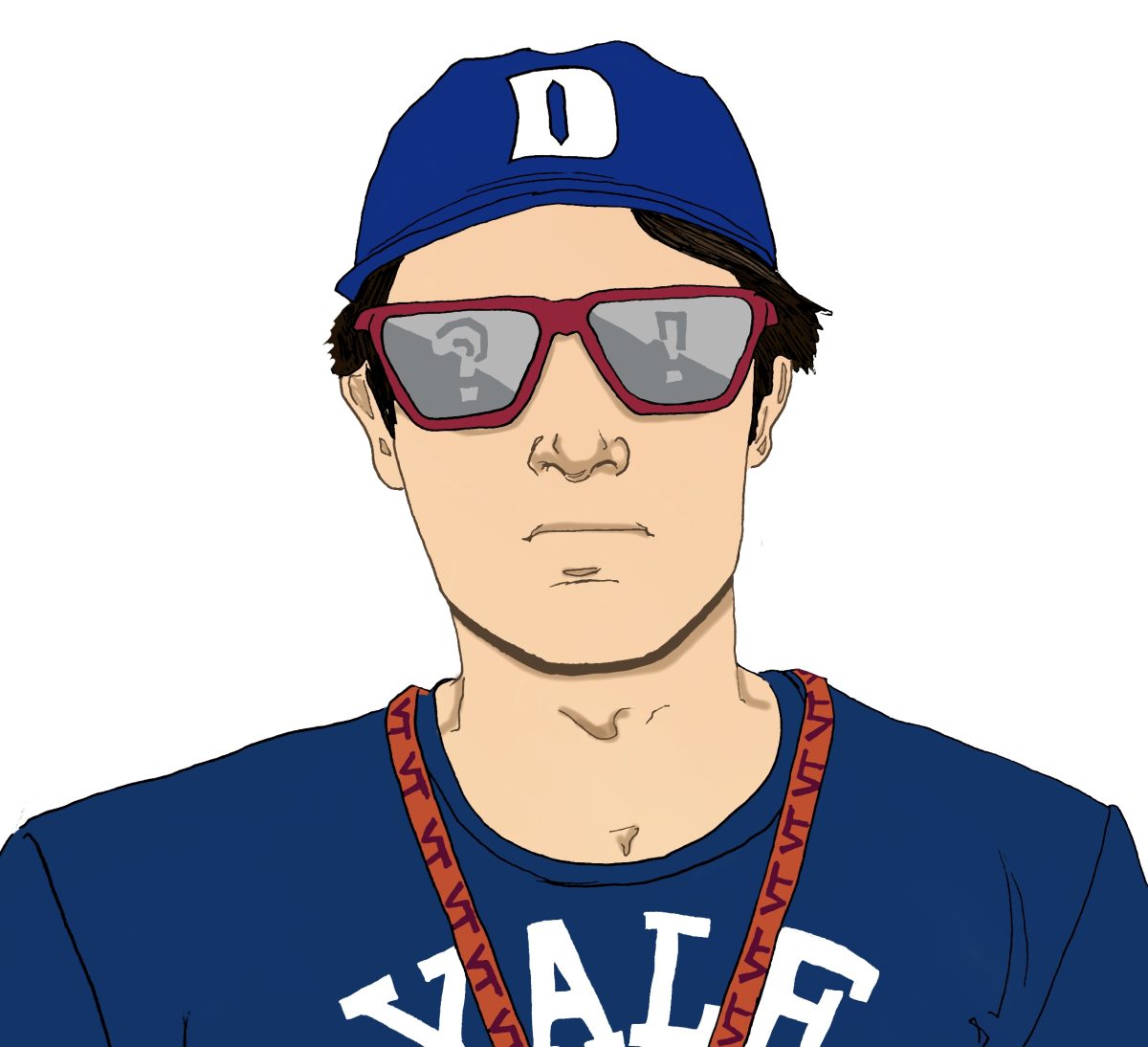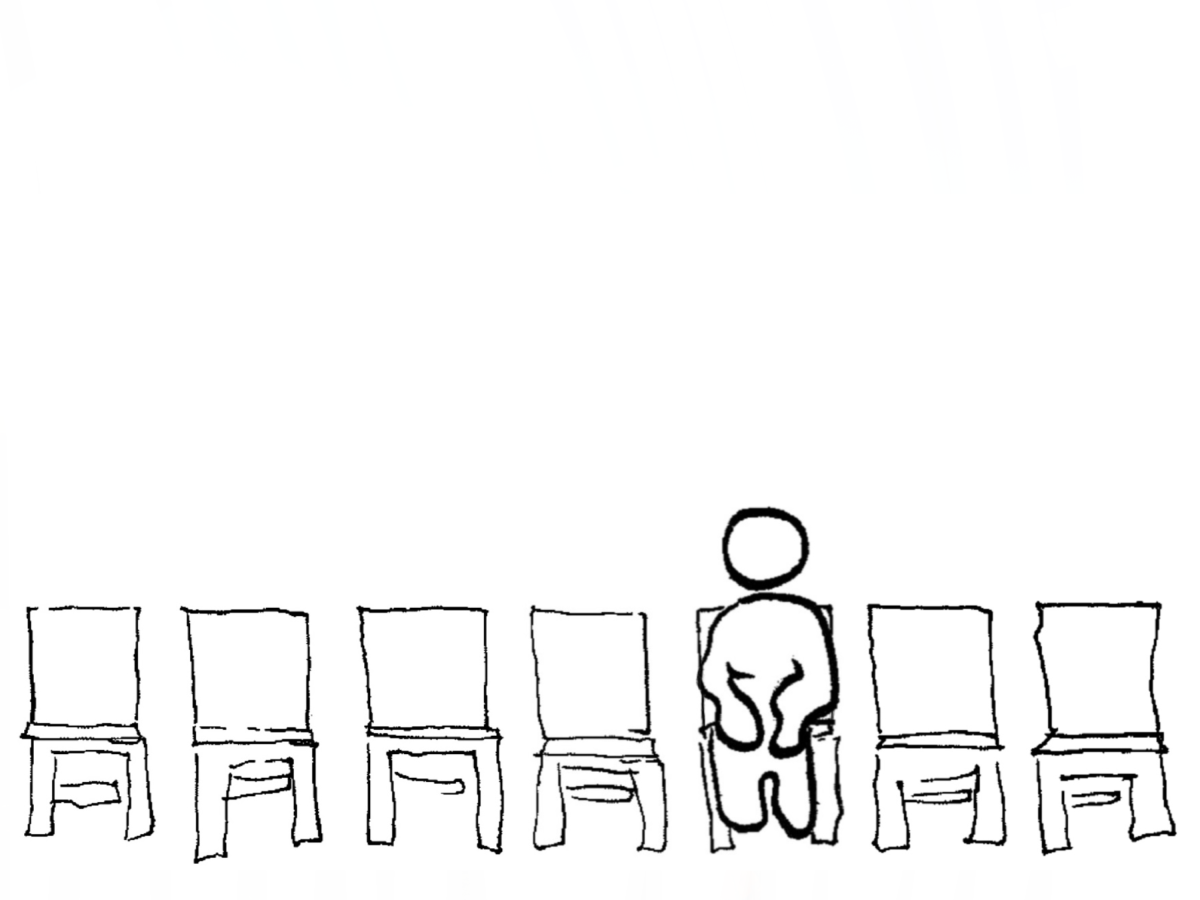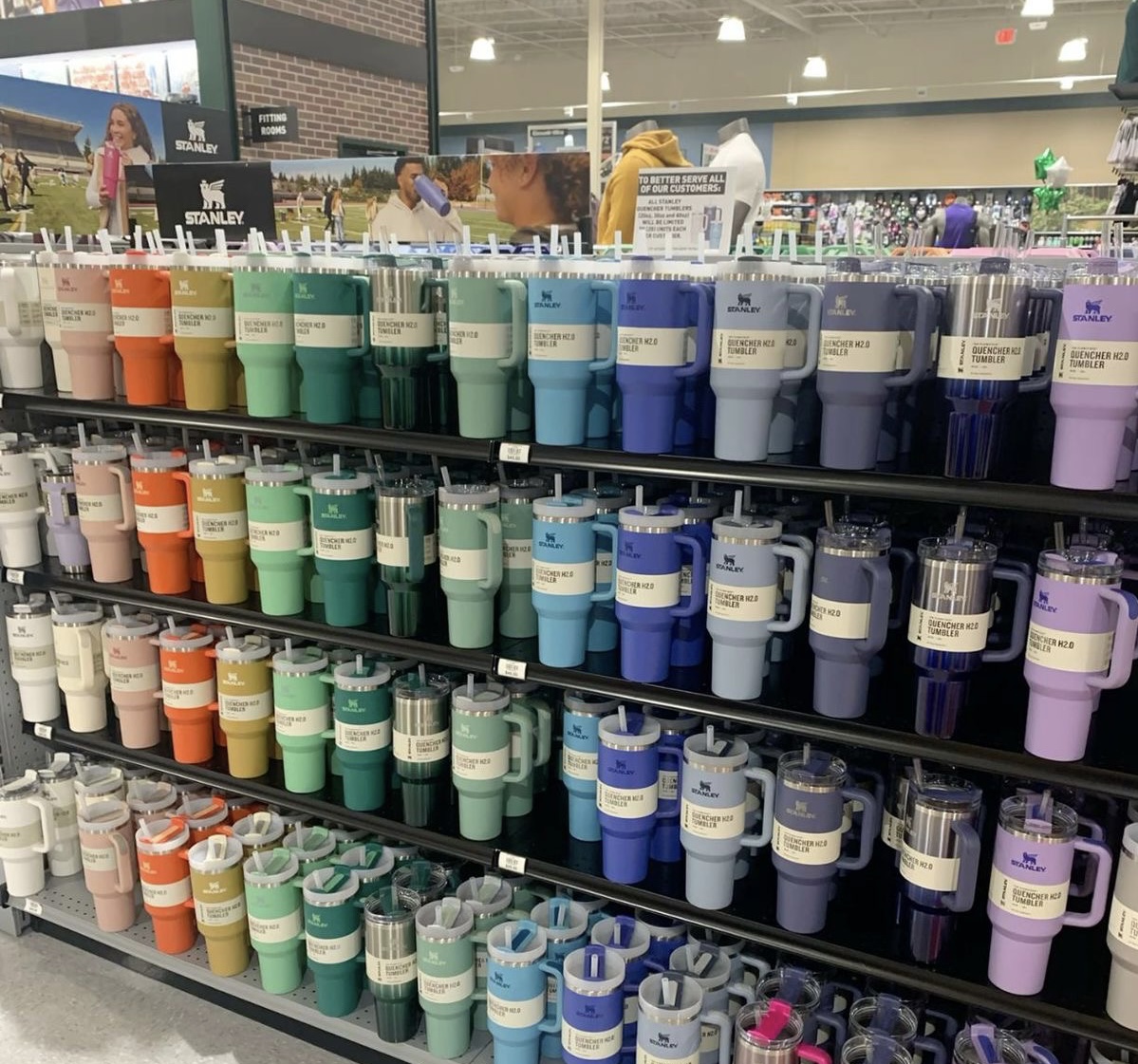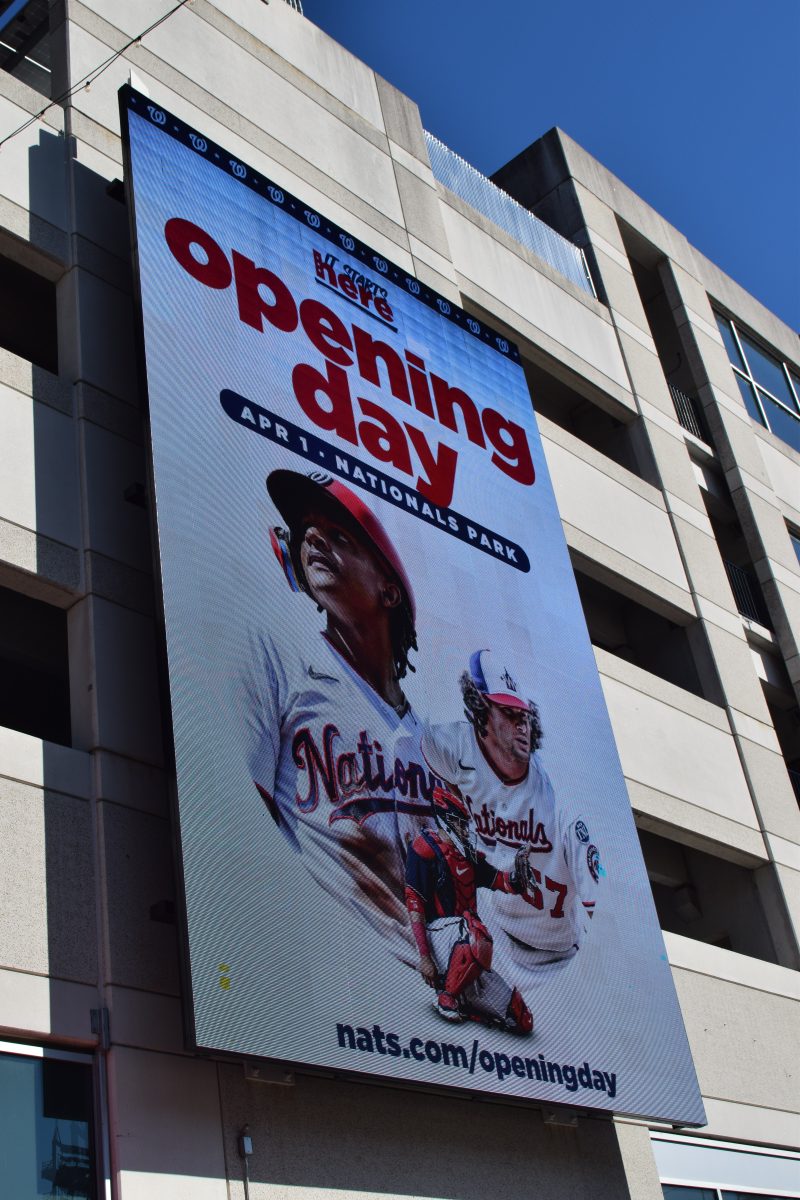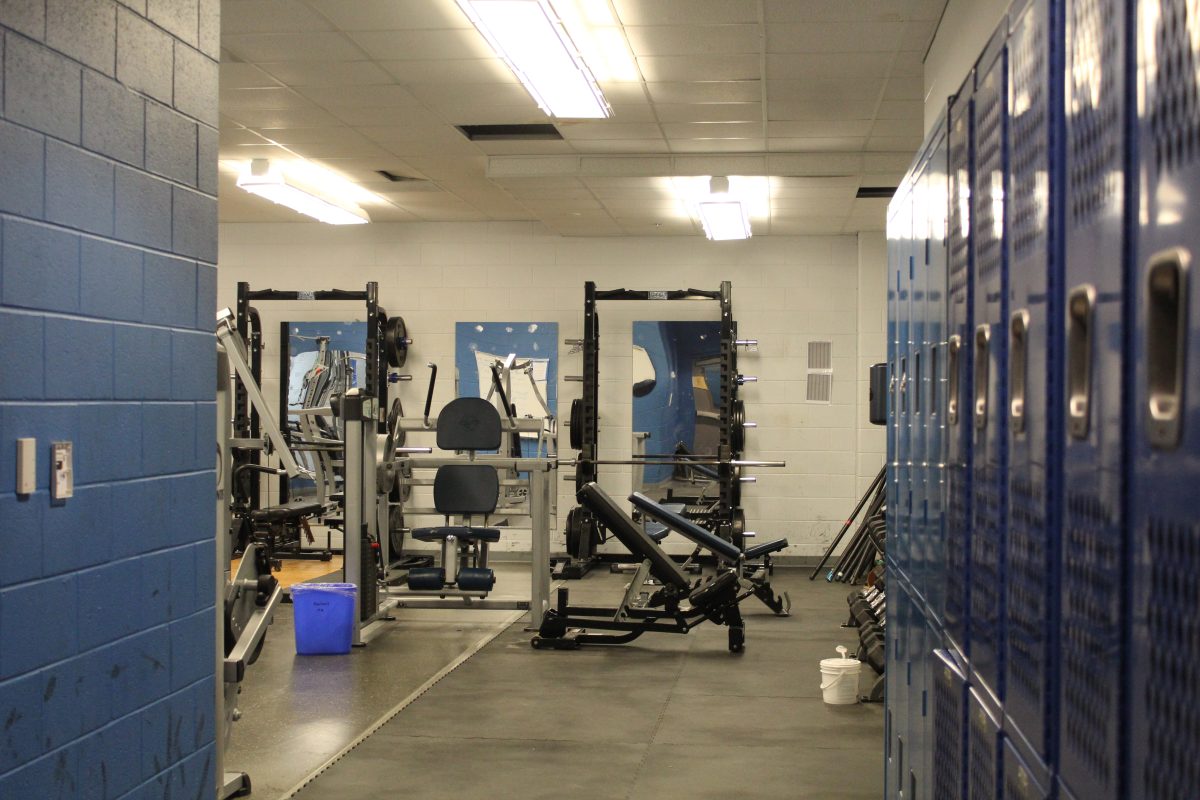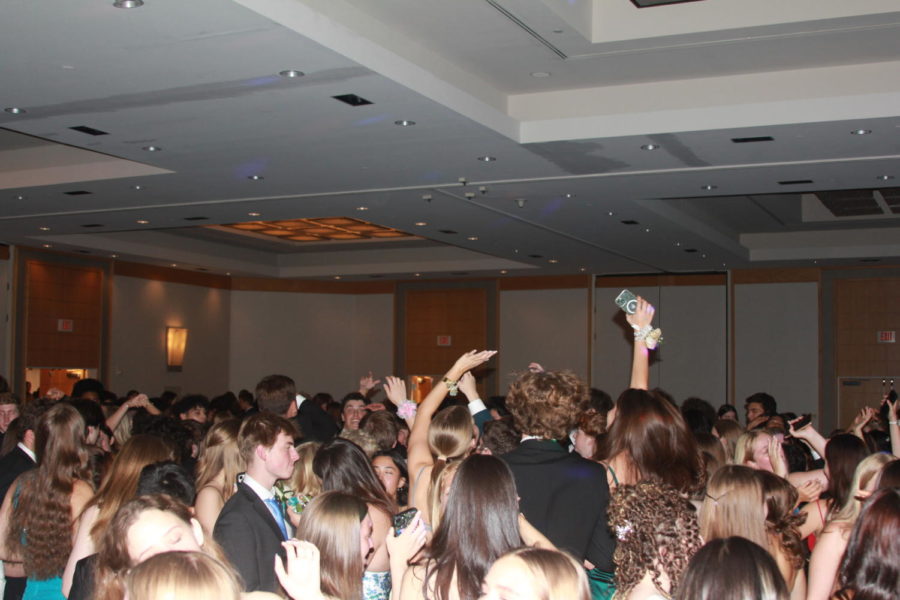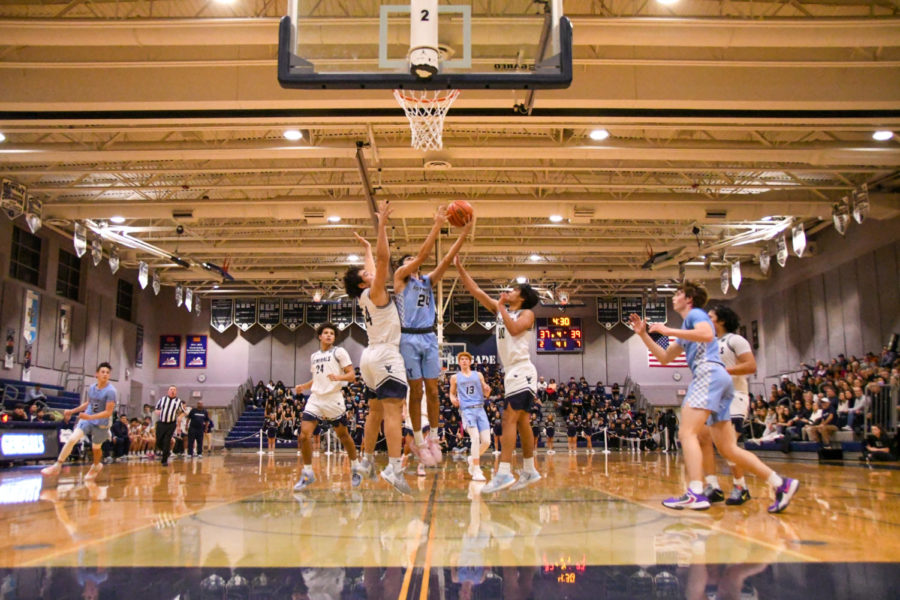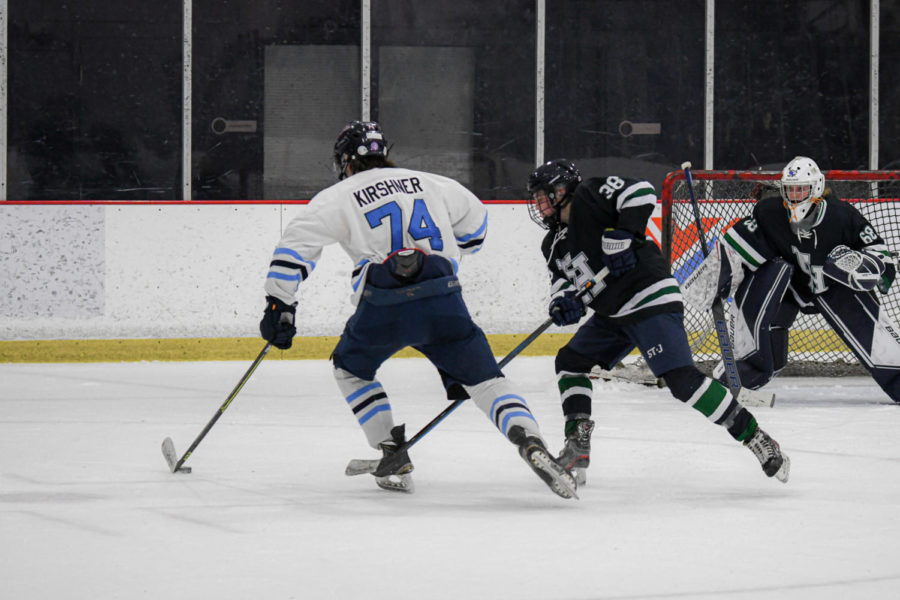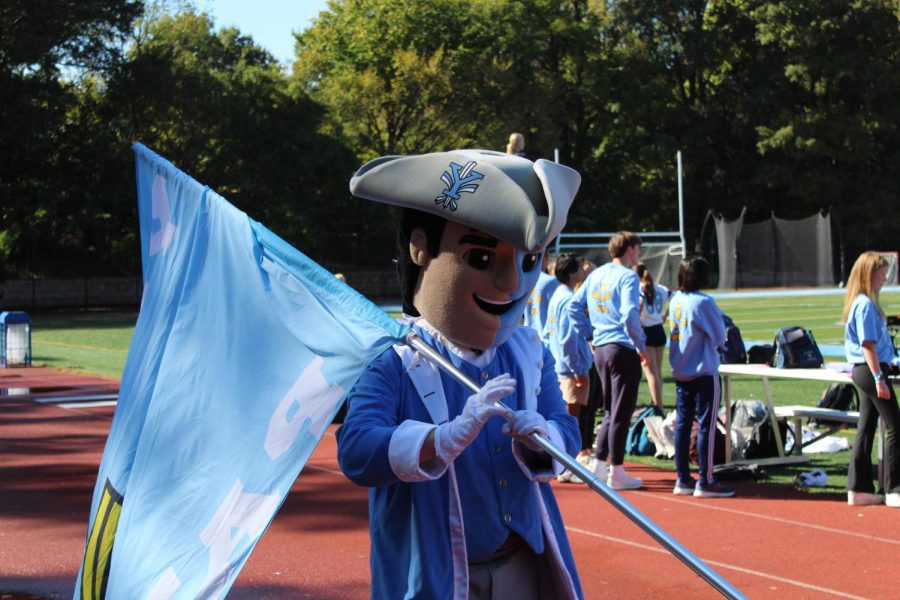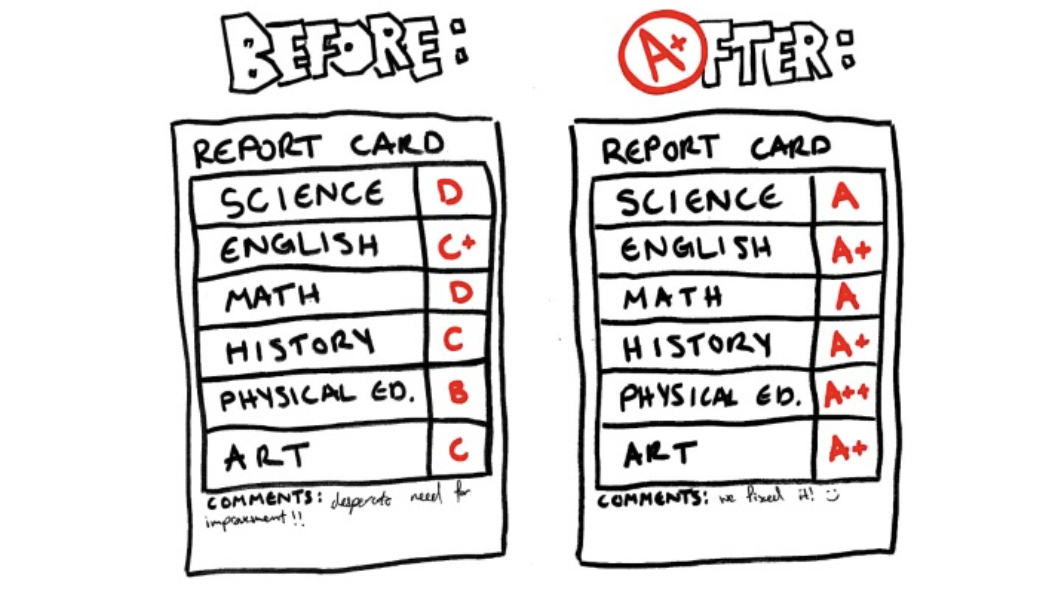By Amy Andrukonis
Sentry Staff Editor
By the time a cool, sweet spring has unraveled into a long, sunny summer, baseball season is already well underway. For many of us, the turn of the season is our cue. It is our signal to twist on the old cap, slip on the hometown’s colors and assume our little role in the big story told year after year in our country: the story of baseball. The story of America’s Favorite Pastime. The story of America itself. Baseball has earned its title as the American classic because of its central role in the construction of our national identity.
Since Baseball’s inception in the 1700s, it has been contributing to American culture. For one, the game’s traditions often make direct appeals to patriotism. Baseball uniforms are often tailored to commemorate important days for our country–for example, this year, MLB teams wore camouflage on memorial day. Following the terrorist attacks on September 11th, the New York Mets had their jersey sleeves embroidered with the date of the tragedy. Baseball loves America. It’s no wonder America loves baseball, too. Baseball also has a unique tie to our country’s executive branch. Presidents have long defended the legitimacy of baseball as a helpful institution. The long standing tradition of presidential first pitches is a direct link between our nation’s government and its favorite pastime. During World War II, Franklin Roosevelt wrote a personal letter to a commissioner expressing how important he thought baseball would be to the America’s economy and morale during such a trying time. A few decades later, John F. Kennedy dubbed a member of his staff the “undersecretary of baseball,” and insisted that this man keep track of scores, statistics and big baseball news stories and report them back to him. When George W. Bush tossed out the first pitch at a Yankees game a few weeks after 9/11, he wore a New York City Fire Department jacket. Yankee Stadium erupted, chanting, “U.S.A! U.S.A!” as Bush gave the crowd a thumbs up and threw a clean strike. That game was about something bigger than baseball. At that World Series game, baseball acted, as it so often does, as a channel for American patriotism.
Furthermore, the game’s facilitation of pivotal social movements ensured that it had a hand in making this country exactly what it is today. The reason Jackie Robinson’s career with the Brooklyn Dodgers was so momentous was because people were watching baseball, in more ways than one. People weren’t just watching baseball in the sense that they were watching baseball games, but the American people were watching baseball as an institution–what it would stand for, what it would decide–because baseball had walked alongside the country while it passed through so many other milestones. Baseball’s stance on the race issue was so important because America trusted its game, its old, tried-and-true classic. This is where other popular sports like football and basketball are silenced. Baseball was the sport by America’s side through the nation’s biggest joys and pains. This game lived through each last war, revolution and crisis (even during The Civil War, generals pushed their men to play baseball, claiming not only that the game was a great morale booster, but that it whipped the soldiers into shape, too. Some call Union General Abner Doubleday the father of modern baseball. While the validity of this claim is debated by baseball historians, it is widely agreed that Doubleday was responsible for organizing games between military units that were attended by thousands). In the late 1900s, baseball lent aid to the feminist movement, when the All American Girls Professional Baseball League was born and opened minds to women’s liberation. Baseball also connected Americans across the economic spectrum, as it was thoroughly enjoyed by the upper, middle and lower classes. Love for this game bound the American people together in a completely unprecedented way. This trend continues, even today. Average MLB ticket prices range from $20-$50, whereas NFL tickets are in the triple digits.
Baseball is so deeply ingrained in American culture that it even has a role in our twenty first century day-to-day lives. Consider our vernacular. Can you tell me the last time you employed a football idiom? What about a figure of speech that comes from lacrosse, basketball or hockey? Maybe you can come up with one or two, but only baseball’s jargon is so deeply woven into American speech. We live in a country where to stick up for someone is to “go to bat” for them, where to achieve great success is to “knock it out of the park,” where what is sub-par or rude is “bush league” and where surprising information comes from “out of left field.” The phrase “got it in the bag” came from a story about the New York Giants in 1916. To name every last baseball idiom would require a different article entirely (as much as I would love to “cover all the bases”).
Baseball even played an active role in encouraging American economic growth and technological development. One of the first uses of Thomas Edison’s light bulb was to illuminate professional baseball games. Edison would often throw the first pitches at these games as well. When they were invented, televisions and radios were marketed as ways to keep up with the national pastime. Computer systems used to monitor baseball statistics were later applied to fields of science and mathematics. Baseball still inspires the production of more movies and books than any other sport. Baseball has spurred on technology, innovation and economic growth in the past, continues to do so today and will continue to do so in the future.
I’m not saying it’s your American duty to call baseball your favorite sport, but I do believe that it’s your responsibility as an intelligent citizen to acknowledge its unparalleled significance. When it comes to calculating our cumulative national identity, we can’t just subtract what we don’t like. That’s bad math. Could America have become the country it became without baseball’s help? Probably. Did it? Absolutely not. Baseball isn’t the most popular sport in America anymore, but it doesn’t have to be in order to be the most important. The Super Bowl draws more viewers than the World Series, easily. Anyone would write that article. I would write that article. As a point of interest, I would also write an article about how much more family-friendly the World Series is than the Super Bowl. I’d never feel uncomfortable having a kid at a world series game. I can’t say the same about the Super Bowl halftime show.
Popularity alone doesn’t make something a classic. Fifty Shades of Grey is wildly popular–but it’s hardly the American classic. Consider literature like The Great Gatsby–mere popularity isn’t the reason that book is read in literature classrooms across the country. No, Gatsby is a classic because of its content. Gatsby speaks to so much of the American experience, and continues to be taught in schools because of its constant relevance. Other books come and go, and many of them are probably far more popular among students than Fitzgerald’s old novel. Still, I doubt Gatsby’s slot will be threatened anytime soon, because that book is brimming with American ideals.
So is baseball. America is the frontier of the common man–and baseball is his game. I’ve heard one too many “sports fans” bash baseball players for their physical diversity. It seems today’s spectator wants a cookie-cutter athlete–a buff, 20-something jock who stands over six feet tall. Any deviation from this standard is offensive, and seems to symbolize some sort of inherent lack of athleticism. What a thoroughly un-American ideal. A baseball player’s success is determined by their own ability and hard work, not by their height, weight, age, or physical condition. I hope to be a spectator who values diversity in my athletes, who finds it exciting–not outrageous–that for some reason, a wildly talented, finely skilled middle aged man is allowed to compete. I want to see diversity as a strength, as something to celebrate–not as a point of shame for baseball. Consider Jim Abbott, who was a major league pitcher in the late 80s and early 90s. Abbott was a pitcher for the Angels, Yankees, White Sox and Brewers. Abbott was also born without a right hand. In this way, baseball is nearly a perfect metaphor for exactly what America hopes to be: a place where achievement is determined by hard work, not by random traits a man is born with and has no control over.
There’s no reason to crown a “new classic.” In addition to the fact that the concept of a “new classic” is completely oxymoronical, any other pastime we hailed as our new favorite would fail to live up to the legacy of a sport so influential. Football and basketball look good on television. I get it–but to try to pry baseball’s thread out of the fabric of our national identity simply because of one’s personal feelings about it would be nothing short of disrespectful. There’s no reason to fling around sports viewership statistics, as if somehow present trends negate the truth of the past. Baseball can be America’s classic sport without being its most popular. Both truths can peacefully coexist. Anyone with an ounce of reverence for our country’s roots will be grateful to our national pastime’s contributions, and treasure it as a precious tradition that so many of us continue to love and celebrate.




